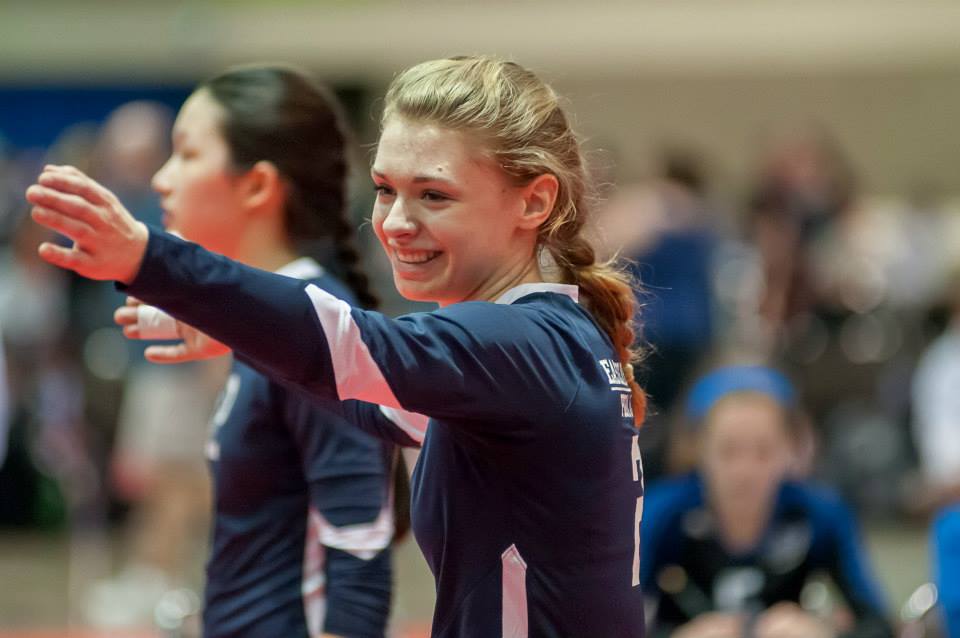In 1979, at the age of 25 Russ Rose took the Penn State Women’s Volleyball Head Coaching Position. With three paid scholarships at the time he fielded a full roster of female student athletes. One of the first things he did as Head Coach was to establish the culture of the team: it was based on hard work, honesty and the student athletes putting team success before individual success.
Rose was the Head Coach from 1979-2021. He led the program to seven NCAA National Championships, first in 1999, then in each year from 2007 through 2010, and in both 2013 and 2014. He led the Nittany Lions to appearances in every NCAA Division I Women’s Volleyball Tournament, making Penn State the only program in the nation to appear in every NCAA volleyball tournament since its inception in 1981. Rose is the nation’s all-time leader in wins, winning percentage and NCAA tournament winning percentage.
To this day Rose credits the team’s success to the cultural foundation that was built and then fostered from the early years of the program, and then passed along from class to class, becoming a part of each player’s DNA. Rose continued to focus on culture four decades later, and believes that a program’s culture will attract certain players who exemplify that culture.
Whether you are a new club or an established club, a new volleyball coach or a long-time coach, here are 5 keys to Create and Foster a Winning Culture of Un-entitlement and Buy-In:
Instill hard work
Teach your kids how to work hard. If they work hard, your athletes will care more, and in return they will receive more. Teach them how to compete and be competitive in everything they do. Let your players know that it’s OK to compete. Compete with their counterparts, compete with the coach(es) and compete with themselves. Spend a lot of time on first ball contacts (serve/pass) and work really really hard at it.
Honest communication at all times
The key to creating a relationship with the student athletes is to be honest. Clear, concise and honest communication creates buy-in and trust. Your athletes need to be open to taking criticism, whether it is technical, emotional or mental feedback.
Playing time conversations are common during the season. You want players that want to play, however you want them to care more about the success of team than themselves. Use player meetings to address how the student athlete is doing, what his/her role is on the team and why, and have the meeting a few…
Click Here to Read the Full Original Article at Junior Volleyball Association…

